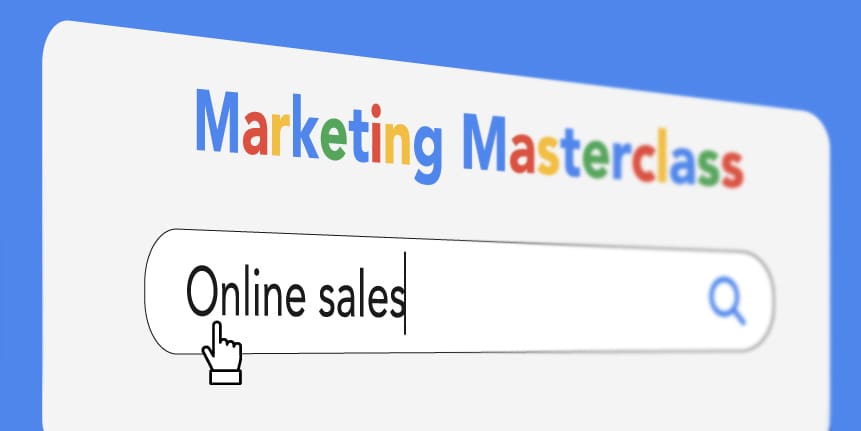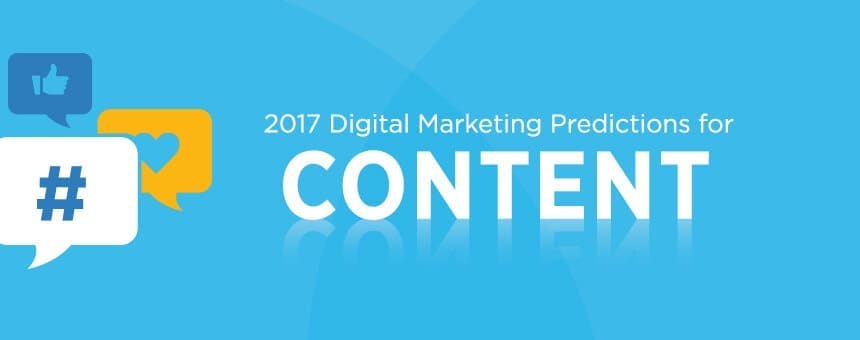
 What-google-really-wants-from-the-g...
What-google-really-wants-from-the-g... Most of the world’s conflicts can be boiled down to a pretty simple cause: you have something, I want it, and if you don’t give it to me I’ll get it from you one way or another. The ongoing dust up between Google and the web’s social media titans is no exception. When Google launched Google Search Plus Your World a couple of weeks ago, the war for the two things that Google covets the most officially began.
Google has always relied on (and advocated for) an open web. The desire by consumers to find specific information from billions of web pages and Google’s persistent ability to effectively deliver that information has made Google what it is today. As such, Google’s two biggest problems are the growing amount of user generated content that it can’t crawl and the content that it can’t crawl fast enough to matter. After all, it’s hard to organize the world’s information when you can’t get at a whole bunch of it.
The rise of Facebook and Twitter have therefore created a conundrum for Google. Most of what is shared and created on Facebook is behind a permission-based wall, and the torrent of user generated content being shared on Twitter is coming at a clip that Google has been unable to crawl, index and rank fast enough to make it relevant. For a while, Google was getting a direct feed of tweets that it was returning in its search results in near real time, but that agreement (which made for a very nice user experience) ended when Twitter walked away from the negotiations last year (reportedly over price).
All of this is why, after quite a few stumbles, Google came up with a viable social network of its own in Google+. Google+ is a nice mix of Twitter and Facebook, allowing for quick, real-time updates and flexible settings to allow for appropriate sharing of information and privacy. The problem is, despite a nice interface and feature set, Google+ has not come within spitting distance of Twitter and especially Facebook since launching over the summer (see the list of the top social networking sites from Hitwise here).
So, it really shouldn’t be any great surprise that Google would tweak the presentation of its search results to raise the profile of Google+. What caught people off guard was the boldness of Google Search Plus Your World, which displays social results for Google+ above the fold and excludes results from sites like Facebook and Twitter. These results are a mix of public information on Google+ and things that your connections have shared on the site. This has resulted in a huge outcry from the search community (see Search Engine Land’s Danny Sullivan rant about it here), and, not surprisingly, the rest of the social media properties aren’t all that pleased either. In fact, this move has so enraged Facebook and Twitter, that they have come together with MySpace (apparently still kicking) and created a site called Focus on the User. The site is a collaboration between engineers at those properties that takes Google’s own data and populates the social results in the Google Search Plus Your World section to include the top social results for a given query based on Google’s algorithms. This method almost always ranks sites like Facebook and Twitter above Google+. To add insult to injury, they have also created a button called “don’t be evil” that you can insert into your browser’s bookmarks to re-populate the results with what they think Google should be displaying.
The real question here is what Google sees as the end game to these tactics. While Google Search Plus Your World undoubtedly favors Google+, I don’t think the folks at Google really think it will unseat Facebook or Twitter (another look at that Hitwise data shows Google+ already losing out to upstart Pinterest). What Google really wants is to get Facebook and Twitter to the table to get access to as much of their data as possible. This would include a direct feed of Tweets and some way to appropriately aggregate Facebook data in a way that passes the privacy sniff test. No one can dispute that the social search function would be most useful if it included what people were sharing on Facebook, Twitter, Flickr, etc. That’s what Google is really hoping for here, and it becomes pretty evident when you see people from Google talk about the backlash around Google Search Plus Your World. Here’s a telling conversation between Danny Sullivan and Eric Schmidt.
Let me paraphrase Schmidt’s response to Facebook and Twitter: “If you don’t like it, come to the table and show us how you will hand over your data.” That’s what Google wants. The only questions that remain are how long it will take for some kind of agreement to be reached and how ugly it will get in the meantime.
Contact us today to find out more!

